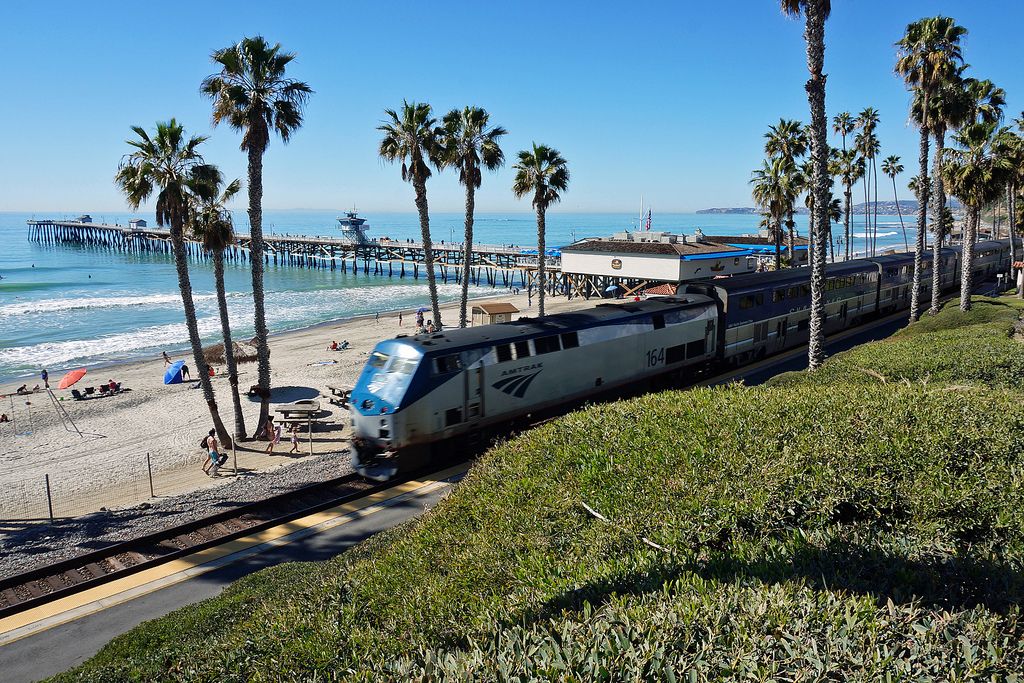Project Surfliner - Our way forward

UCSD Library Information Technology Services (ITS) has been stalled from a development standpoint for the last year due to a few different factors. In particular, we have suffered from “analysis paralysis” in evaluating and selected a “solution bundle” from the Samvera Community. These solution bundles have names like Sufia, Curation Concerns, Hyrax, and Hyku. All of these bundles depend on a Fedora repository as the datastore for both digital objects and metadata. Unfortunately, the Fedora repository software has multiple documented issues (scaling, performance, obfuscation) and has been the primary obstacle in larger institutions implementing these bundles. Also, we have focused too much on the products themselves, hoping that we would find a magic solution that would satisfy all our needs. It is time to admit that a magic solution to serve our unique purpose built by a community isn’t realistic. The analysis paralysis can stop, and we need to start building a solution that will work for us.
We would like to start creating the next generation digital collections platform using the core components of the Samvera Community stack as opposed to a solution bundle. Components will allow us to pick and choose the pieces that would make the most sense for our use cases while keeping our application lightweight and agile. This approach blends the developing software within a larger community with the independence from the monolithic nature and inflexibility we observed in the solution bundles.
We are not alone
UCSB and UCLA are in the same situation and both Libraries have expressed interest in collaborating on a Samvera-based project. We would like to involve both of their planning and development teams as they are available to build a better product. We recommend creating an application stack that could be deployed as needed in the cloud or on-premise depending on the needs of the individual Library. We don’t recommend building a single, shared platform for all three institutions as that would merely replicate the problem of compromises and monolith-building. At UCSD, we already collaborate extensively with UCSB and both institutions have very similar, if not identical needs going into this project. We have named this collaboration Project Surfliner after the Amtrak route that links our three institutions together.
“Think globally, act locally” is a good slogan to invoke here. The Samvera community is a global community and its interests are varied and multiple, and through Surfliner we can connect to the larger community while still developing a more effective and efficient local community with our organizational peers.
Institutional areas of expertise
- UCSB - Exhibits (Spotlight)
- UCSB - Geospatial workflows (GIS)
- UCSD - Research Data and Preservation
- UCSD - DevOps / Kubernetes / Cloud deployment experience
- Combined - Shared metadata model
Risks
- Too much of a workload. We will do our best to plan this out in a roadmap, but if unexpected Library projects come in and we need to pivot to work on them, that is a risk
- The Samvera community dissolves or goes in a completely different direction (starts writing in a different language or completely incompatible framework). This risk is minimized by collaborating with other institutions, but it could have an impact
- Doing nothing is our biggest risk. Something better is always on the horizon, we can build something now and pivot in the future if it makes sense at that point.
